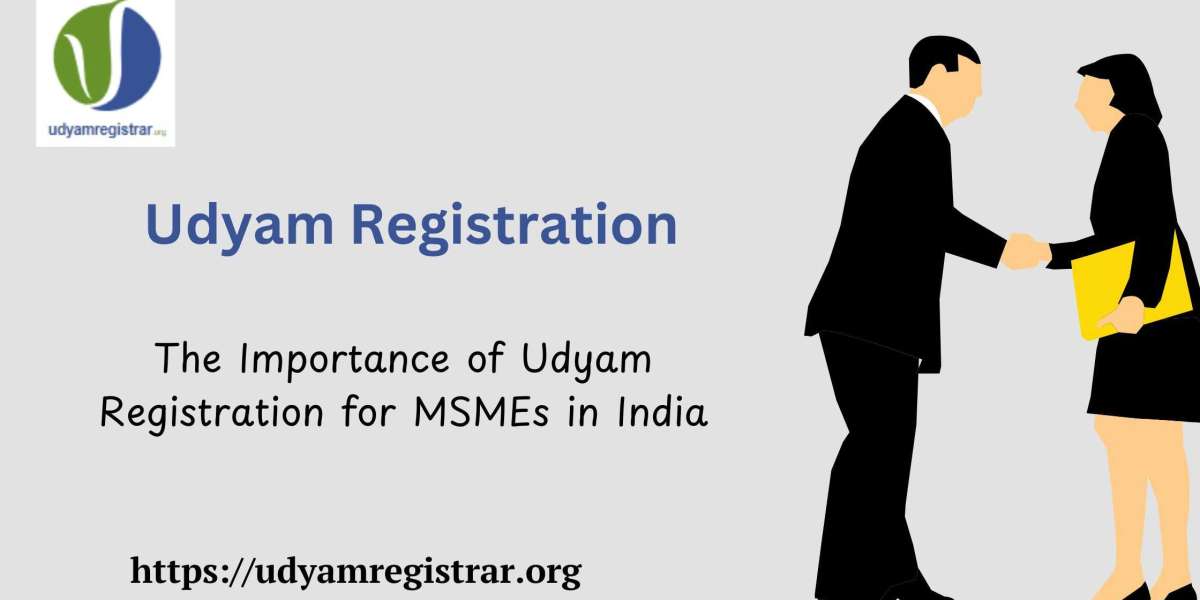Introduction
- Bariatric surgery has become a popular solution for people struggling with obesity and related health issues.
- Despite its success, several misconceptions and myths prevent individuals from considering this life-changing procedure.
Myth 1: Bariatric Surgery is Only for Extremely Obese People
- Many believe that only people with extreme obesity qualify for the procedure.
- In reality, individuals with a BMI of 30 or above with health conditions like diabetes or hypertension may also be eligible.
- Consultation with a specialist helps determine whether this surgery is a suitable option.
Myth 2: It is a Dangerous and Risky Procedure
- Modern bariatric surgery techniques are highly advanced, minimizing risks and complications.
- The procedure is performed laparoscopically, reducing recovery time and surgical risks.
- Like any surgery, there are potential risks, but the benefits often outweigh them, especially for individuals struggling with severe obesity.
Myth 3: Weight Loss Stops After a Few Months
- Some people assume that weight loss only occurs in the first few months post-surgery.
- In reality, weight loss continues for 12-18 months, with proper diet and lifestyle adjustments.
- Long-term success depends on following post-surgery recommendations, including regular exercise and healthy eating habits.
Myth 4: You Can Eat Whatever You Want After Surgery
- Bariatric surgery is not a quick fix that allows unrestricted eating habits.
- Patients must follow a strict diet plan to ensure successful weight loss and avoid complications.
- Eating nutrient-dense foods and controlling portion sizes are crucial for maintaining long-term results.
Myth 5: The Procedure is Just Cosmetic
- Some believe Bariatric surgery in Islamabad is only performed for cosmetic reasons.
- The surgery is primarily a medical intervention to help individuals combat obesity-related health problems.
- It improves conditions like diabetes, hypertension, sleep apnea, and joint pain, making it a life-saving procedure rather than just an aesthetic one.
Myth 6: Bariatric Surgery Leads to Nutritional Deficiencies
- While nutritional deficiencies can occur, they can be prevented with proper guidance.
- Patients are prescribed vitamin and mineral supplements to maintain essential nutrients.
- Regular follow-ups with a nutritionist ensure a balanced diet and optimal health.
Myth 7: You Will Gain Back the Lost Weight
- Weight regain is possible but not inevitable if patients follow post-surgery lifestyle changes.
- The key to success is adopting healthy eating habits and staying active.
- Regular check-ups with a specialist help in maintaining long-term results.
Myth 8: It is a Painful and Lengthy Recovery Process
- Due to minimally invasive laparoscopic techniques, recovery is faster and less painful than many believe.
- Most patients return to normal activities within 2-3 weeks post-surgery.
- Following post-operative care instructions ensures a smooth recovery process.
Myth 9: You Cannot Get Pregnant After Bariatric Surgery
- Many women worry about fertility issues post-surgery, but the opposite is true.
- Bariatric surgery improves fertility in obese women by regulating hormones and menstrual cycles.
- Doctors generally advise waiting 12-18 months post-surgery before planning pregnancy to ensure optimal health.
Myth 10: The Surgery is Expensive and Unaffordable
- The cost of bariatric surgery varies, but many clinics offer flexible payment plans.
- Considering the long-term health benefits and savings on medical expenses, the investment is worthwhile.
- Consulting a clinic helps explore financing options and insurance coverage.
Conclusion
- Bariatric surgery is a proven and effective method for sustainable weight loss and improved health.
- Understanding the facts and debunking myths allows individuals to make informed decisions.
- If you're considering a safe and effective weight loss solution, visit Enfield Royal Cosmetic for expert guidance and a personalized treatment plan tailored to your needs.








